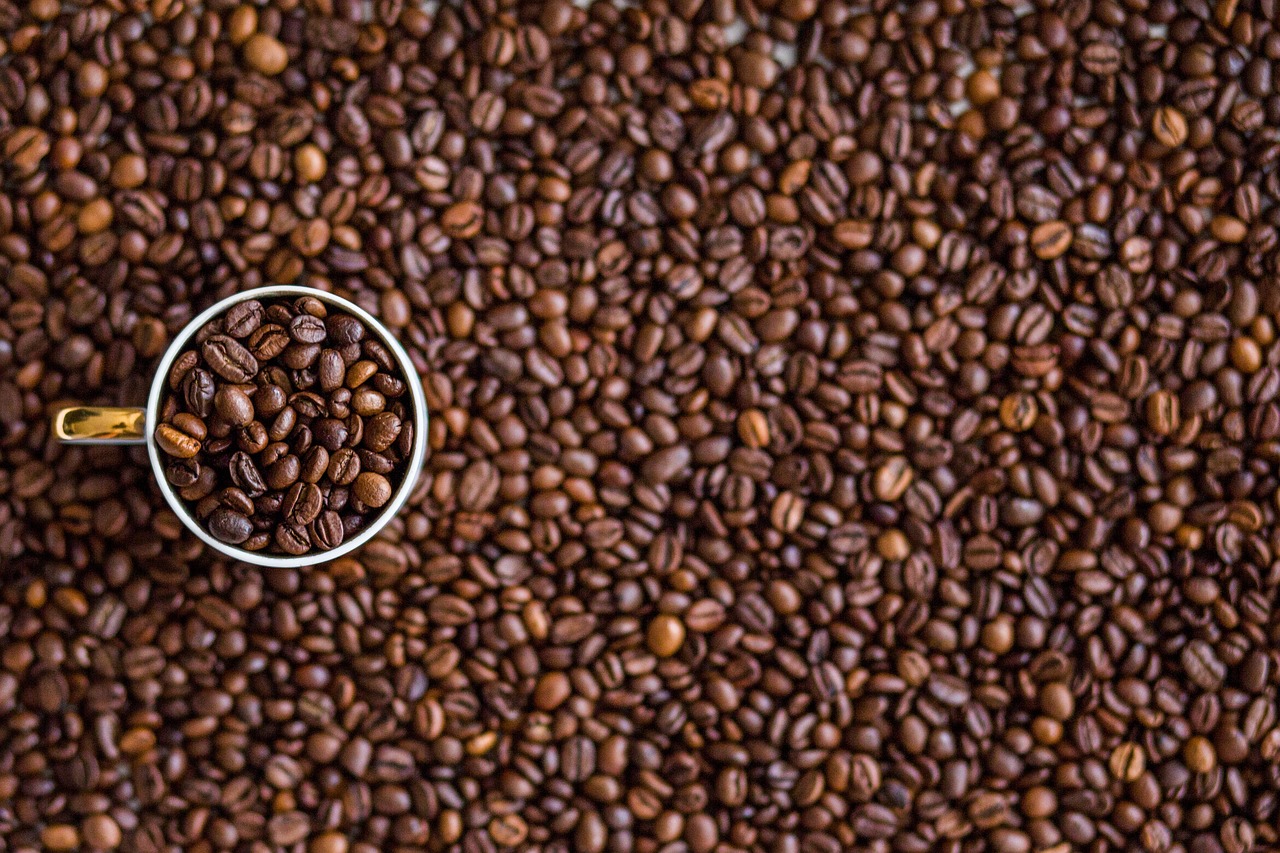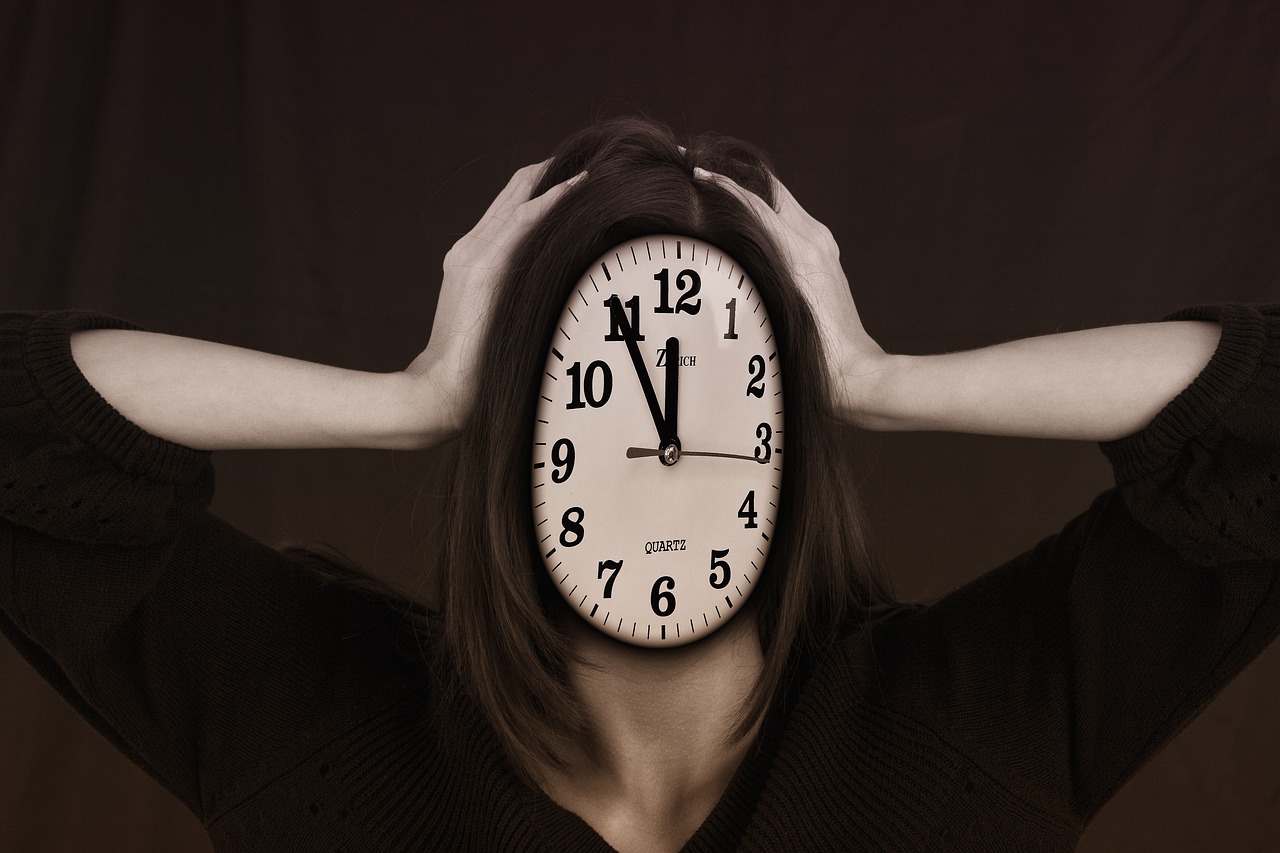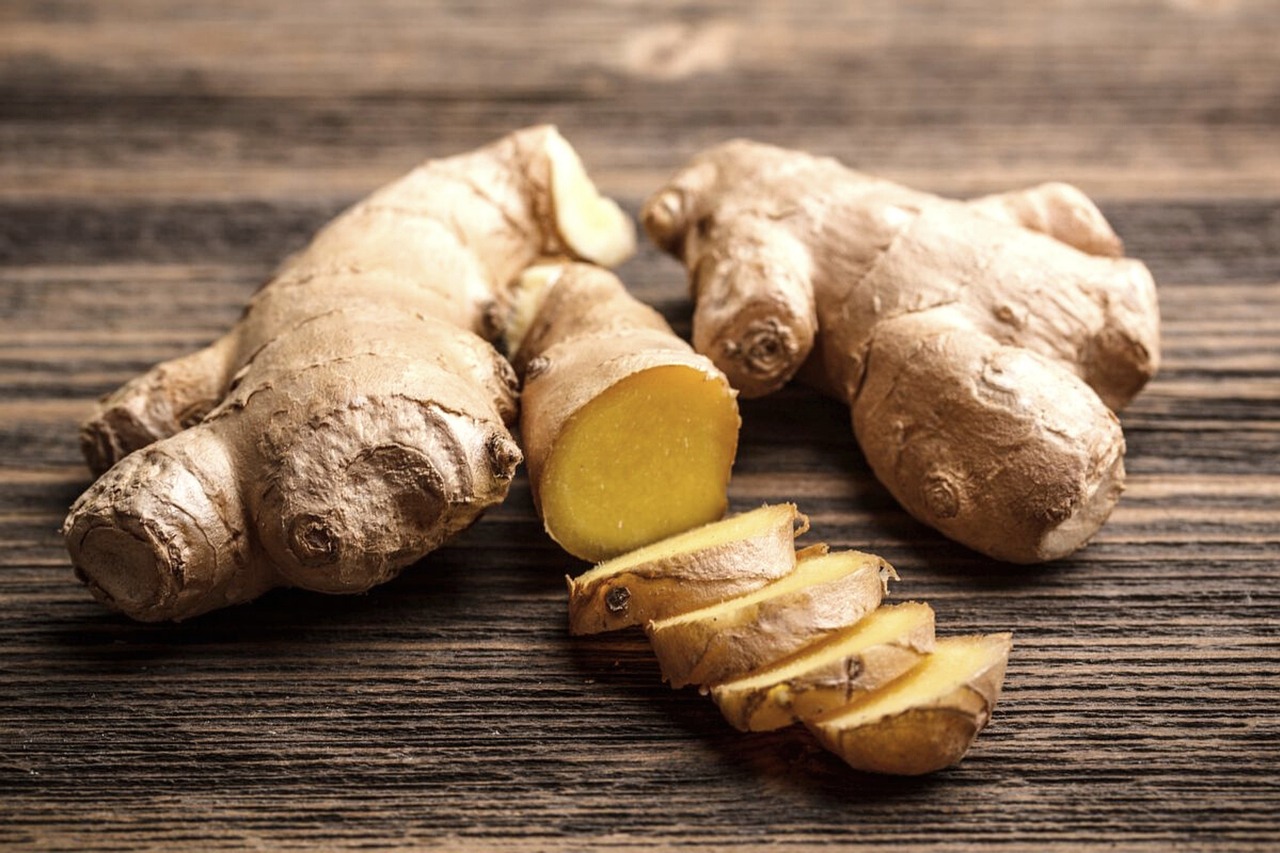Many studies have been carried out on the effects of the substances in coffee on the human body, often with contradictory results. For many people, coffee is a necessary weapon to help them fight their way through the day, but we don’t necessarily understand how it effects us apart from waking us up.
Caffeine hits our Adenosine receptors, which are responsible for feelings of well being and euphoria. If you are used to drinking it and stop all of a sudden, you can feel a bit down. Try reducing the quantity before you stop completely.
Caffeine also inhibits the neurotransmitter known as GABA, which is a kind of natural sedative. This is how caffeine’s stimulant properties are defined. If you stop drinking coffee, you may feel less accelerated.
A study by the University of Bristol, in the UK, revealed that the buzz we get after drinking coffee is really a reaction to a lack of caffeine we were feeling before, so really we are just feeding our caffeine addiction.
Caffeine narrows the blood vessels, fighting pain caused by arterial dilation, such as migraines. So, in the beginning, not drinking coffee may cause more headaches.
Coffee has a similar effect as morphine, reducing anxiety and pain. Not drinking it, can, in some cases, cause more stress.
Another study from the University Of Bristol noted that after drinking coffee, women deal better with stressful situations and work better in groups.
Coffee also stimulates the production of gastric acid, which can irritate the stomach and cause pain and discomfort. This is why you may feel better if you change this habit.
Some people believe that coffee may raise estrogen levels and cause changes in the menstrual cycle. So if you want to be regular, avoiding coffee may help.
Not drinking coffee can increase your risk of cardiovascular diseases, as coffee has lots of polyphenols, natural anti-oxidants which inhibit the action of free radicals.
For people with respiratory problems like bronchitis or asthma, drinking coffee may be good. Caffeine provokes a rise in heart rate and causes dilation in the bronchi, facilitating breathing.
A study from the University of Harvard concluded that coffee reduces the risk of Type 2 diabetes.
You may notice your breath change when you give up coffee, since some some of the substances in coffee can affect the balance of bacteria which in turn causes bad breath.



